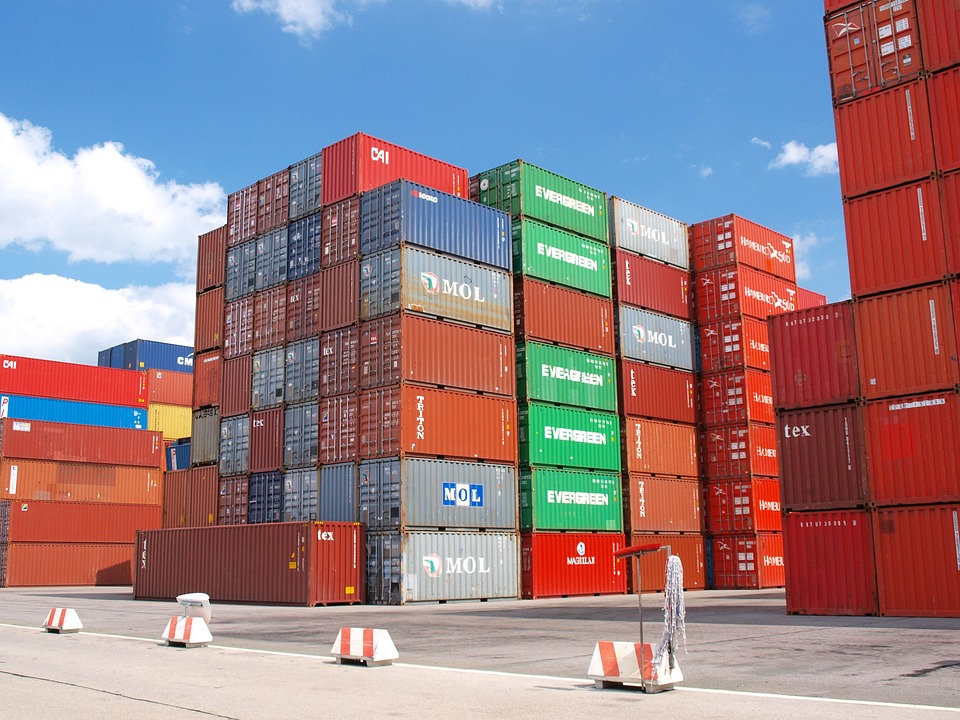Few things are more frustrating than discovering that the contents of an important delivery have been damaged or destroyed while in transit. While it’s true that no freighting company has a perfect track record in this regard, businesses shouldn’t have to worry about shipments incurring damage while en route to clients. Even if an occasional damaged shipment is unavoidable, this doesn’t mean businesses need to resign themselves to delivery mishaps. Whenever a client reports a damaged shipment, it behooves responsible businesses to respond proactively and take measures to ensure a different outcome in the future.
1. Contact the Freighting Company
More often than not, freighting companies bear the brunt of the responsibility for damaged cargo. In some instances, damage can be directly attributed to failure to properly secure cargo. In others, mishandling of delicate items is the culprit. Regardless of what you believe the root cause to be, the freighting company should be your first phone call after a client reports a damaged shipment. The sooner you report the issue, the sooner they’ll be able to get to the bottom of it and provide an explanation. Furthermore, being expedient in reporting damage heightens your chances of reimbursement. If the company proves unsympathetic to your plight, it may be a good idea to take your business elsewhere in the future.
2. Find a New Freighting Company
If a certain freighting company has proven itself consistently unreliable, consider parting ways with them and giving your patronage to a more deserving enterprise. When shopping around for a new freighting company, limit your choices to companies that display strong supply chain accountability. In addition to boasting a proven track record of safe, speedy deliveries, any freighting company you give your business to should take responsibility for the mistakes made by its personnel. In the absence of personal responsibility, you’re liable to find yourself stranded without a paddle in the event of a damaged shipment. The last thing you want is to be saddled with another company that refuses to be held accountable for damage that occurs on their watch.
3. Invest in Good Packing Materials
Improper packaging is among the most common reasons for damaged cargo. With this in mind, any business that regularly ships delicate cargo should invest in the right packing materials. For example, if the items you’re shipping are temperature-sensitive, high-quality cooling packs may be a worthwhile investment. Additionally, if you’re sending items that shouldn’t be rocked or jostled, consider investing in shock absorbers and shock indicators. Even a well-regarded freighting company would have trouble delivering an improperly-packed shipment in flawless condition.
Nothing is quite as nerve-racking as receiving damaged goods. In addition to being a source of client frustration, damaged deliveries can also reflect poorly on businesses – even if they weren’t responsible for the delivery. Fortunately, there are a number of proactive steps companies can take to combat this problem. Any business looking to make damaged shipments a thing of the past would be wise to utilize the previously discussed pointers.













